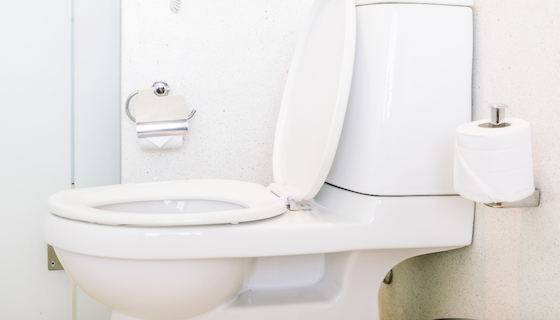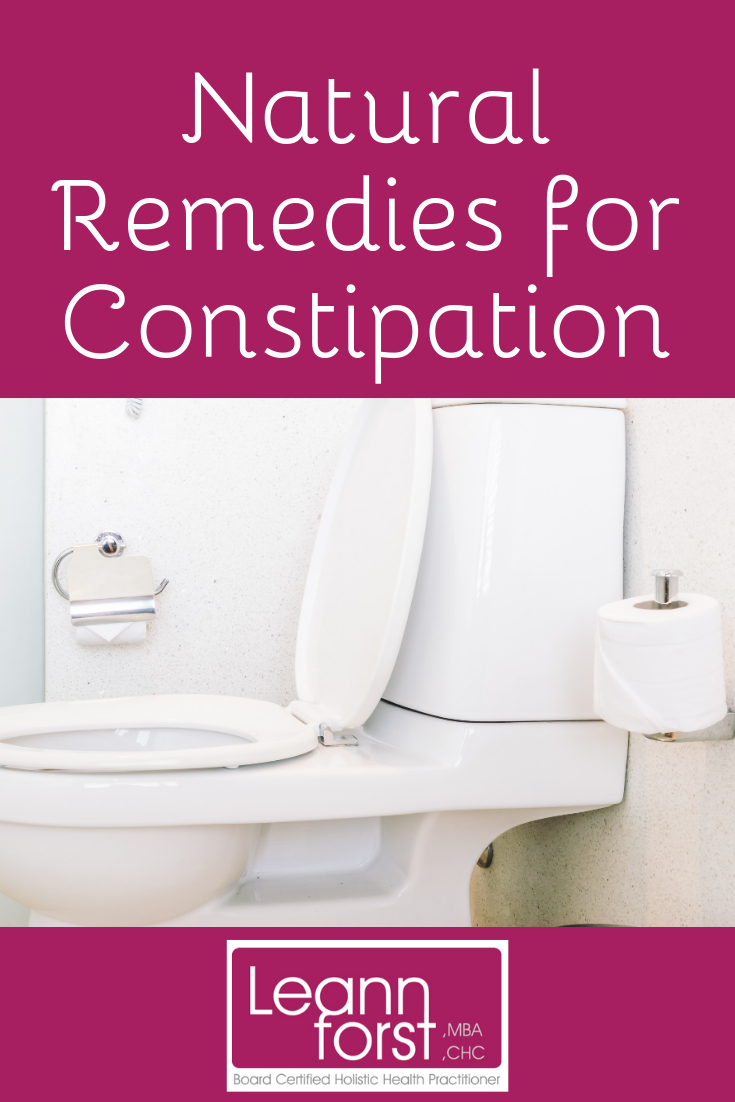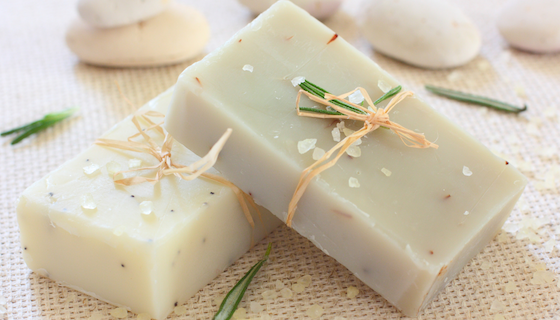Unclog yourself
Ok, I know that no one wants to discuss what happens in the bathroom, but we’ve all experienced the occasional period when stubborn bowels make it tough to go. But the distress normally passes and you’re on your way.
Fortunately, increasing your intake of healthy fiber in your diet can help you stay regular and ward off unpleasant experiences.
Fiber
There are two types of fiber: soluble and insoluble.
Soluble fiber dissolves in water and forms a gel-like substance in the body. It’s responsible for helping to keep cholesterol and glucose levels stable. Great sources of soluble fiber include apples, oats, beans, barley, and psyllium. Constipation and irregular stools can be alleviated with the addition of insoluble fiber.
Insoluble fiber doesn’t dissolve in water and helps move matter through your digestive system by increasing stool bulk. Some foods rich in insoluble fiber are wheat bran, nuts, and many vegetables.
How much & how often?
If your diet hasn’t included lots of high-fiber foods, you’ll want to introduce them gradually over a couple of weeks. That way, you can avoid the discomfort of gas, bloating, or cramping and allow the flora of your digestive system to adjust to the new addition. When adding fiber to your diet, you also need to add water! Much like a garbage disposal, without water, fiber can’t do its job of keeping material moving and flushing you out.
The National Institutes of Health recommends that adults consume 35 grams of fiber per day but 40-50 grams is even better!
Opt for getting your fiber from eating whole foods in lieu of supplements like Metamucil, and focus on incorporating the following into your diet for the best boost: cinnamon; freshly ground flaxseeds; whole-wheat bread and whole bran cereals; beans, peas, and lentils; apples, dates, and raspberries; celery, sweet potatoes, and broccoli; and walnuts, hazelnuts, and pumpkin seeds.
Make an apple a day your dietary mantra and you’ll be off to a great start! And in no time, your gut will be thanking you for making friends with fiber.
Supplements
I realize that there are tons of supplements on the market and it can get confusing. I’ll make it simple for you, so you can support your digestive health. Here are the gut health supplements that I take:
- Probiotics – PB Assist+® contains a blend of both pre and probiotics. It also employs a unique double-layer capsule delivery system that provides both short-chain prebiotic fiber in that outer capsule and a time-release inner capsule with active probiotic cultures. The friendly strains of bacteria included in this product were carefully selected based on their demonstrated physiologic benefits to both the upper and lower intestines
- Enzymes – TerraZyme contains a unique blend of active whole-food enzymes and mineral cofactors that are often deficient from cooked, processed, or preservative-laden foods. These ingredients aid digestion and support overall health of the gastrointestinal tract.
Essential Oils
There are many essential oils that can be used as natural digestive aids and here are the ones I recommend:
- Ginger – my go-to oil for soothing stomach aches and digestive discomfort (like when your mom used to give you ginger ale).
- Rosemary – Relaxes muscles
- Peppermint – Can also relax the muscles in the digestive tract
- Lemon – Promotes a healthy inflammatory response, which creates easier flow in the digestive system
- Marjoram – known to improve digestive function
- DigestZen – a wonderful companion to aid in the digestion of food, soothe occasional upset stomachs, and reduce uncomfortable gas and bloating.
My favorite digestive support blend: add 15 drops of DigestZen to a 10ml roller bottle and fill the rest with fractionated coconut oil. Click here to purchase everything you need, including your wholesale membership account.
Got questions? Click here to schedule your free essential oil consultation with me. You can also watch my webinar on Essential Oils for Health & Healing here.
 |
Resources
 Login
Login









